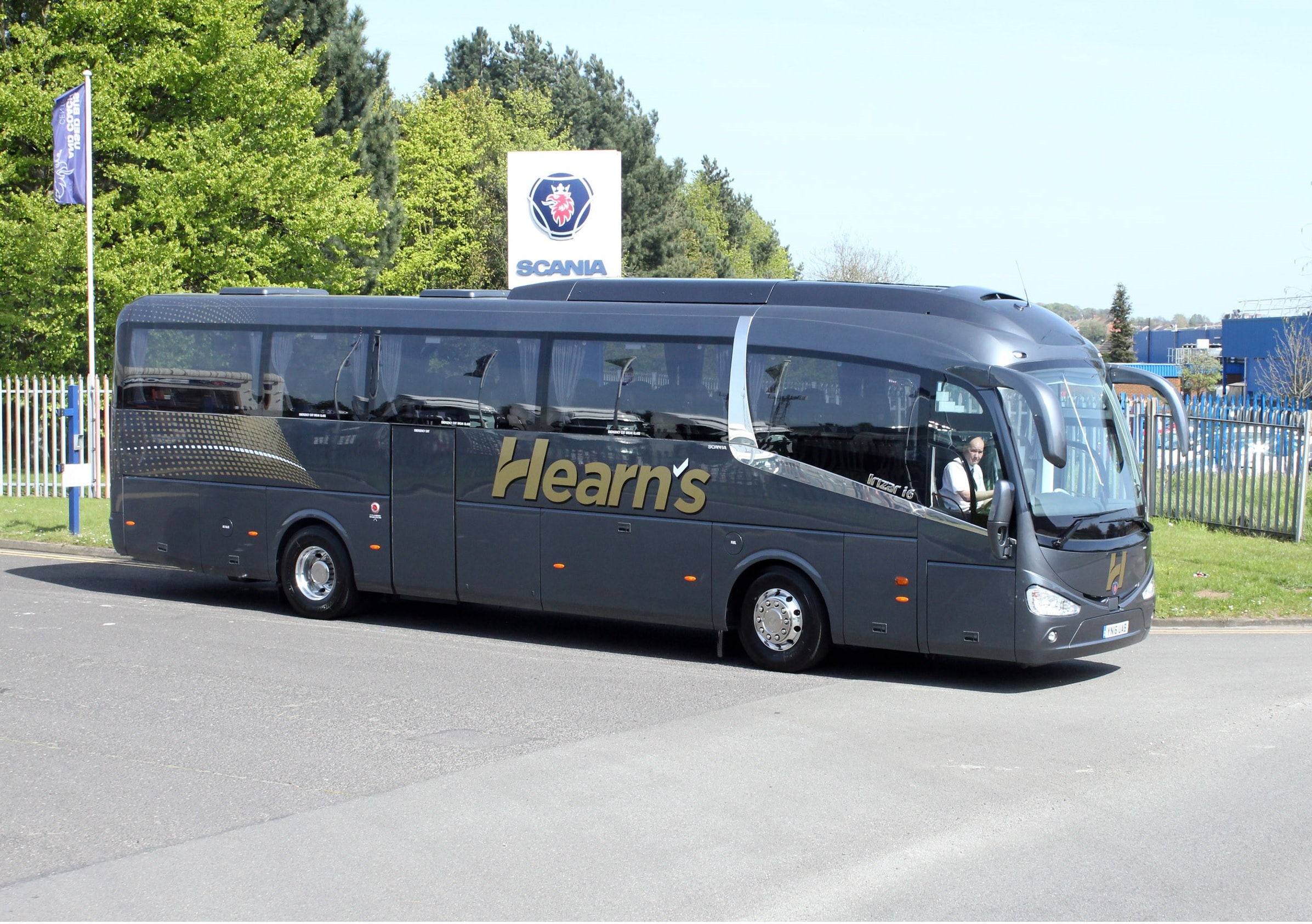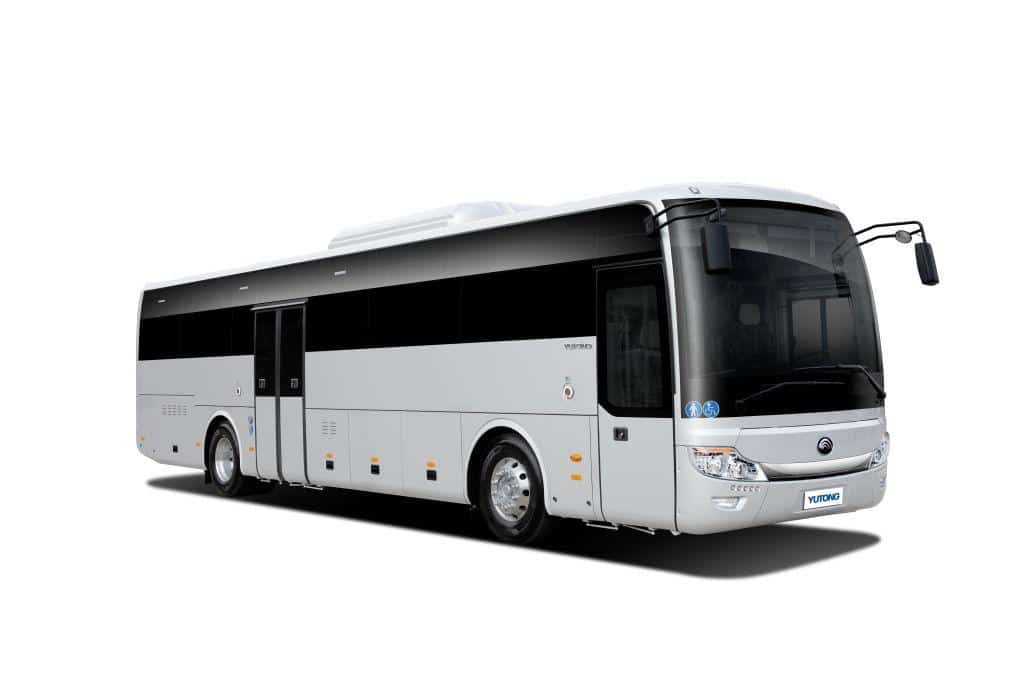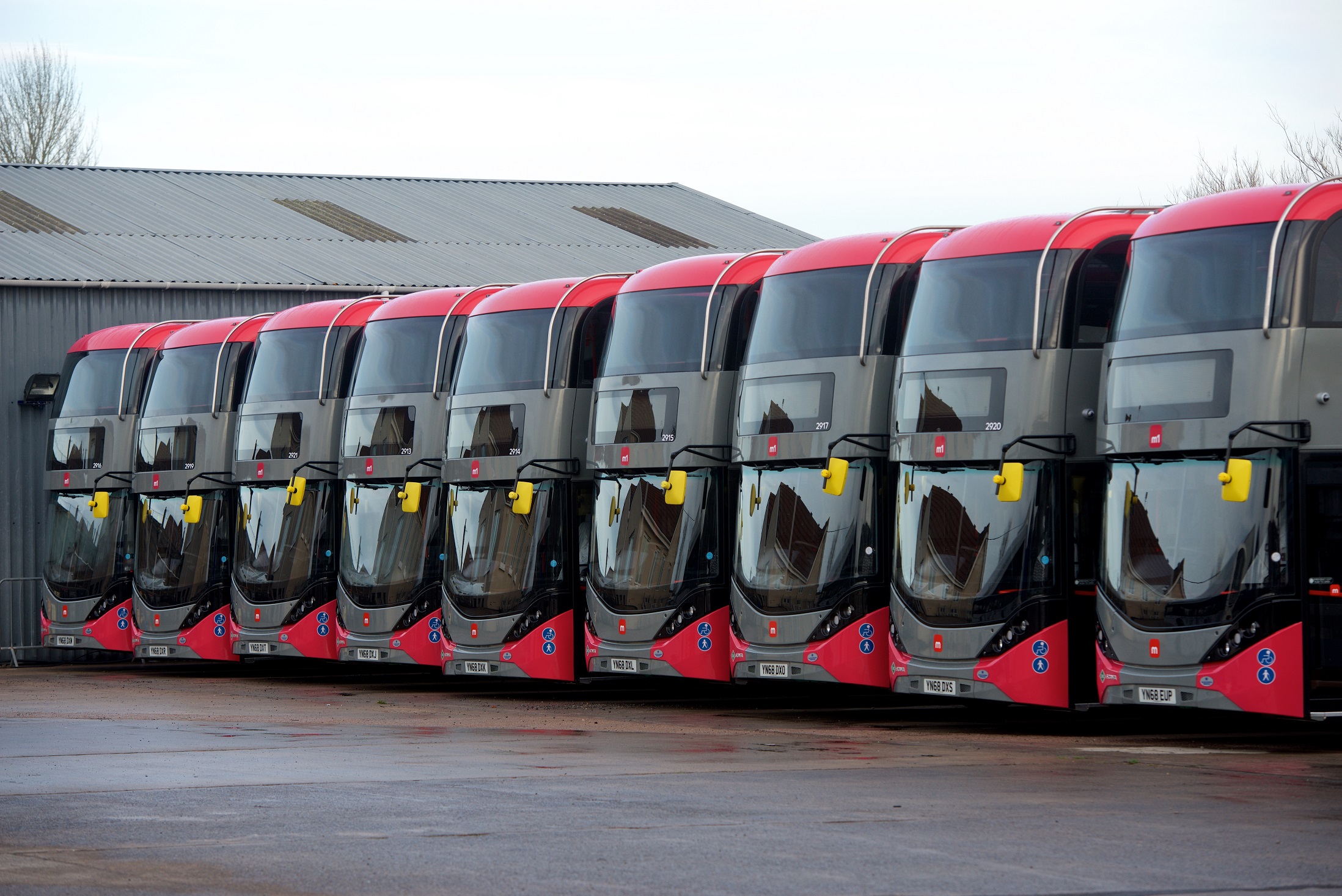What danger does the coronavirus (COVID-19) pose to the coach industry? A significant one, but with a major caveat: Its consequences will be vastly more relevant to work volumes than potential health concerns, particularly in the summer season. But the latter impact should not be ignored.
Operators active in both the incoming tourism and school transport markets are most at risk from fluctuations in work volumes. Nonetheless, a slow-down may send ripples through the industry at large.
That’s because there is a growing prospect of coaches left spare by cancellations being put to work in the general private hire and domestically sourced tour landscape. That could compromise rates through oversupply.
No major changes yet because of coronavirus COVID-19
Harrow-based Hearn’s Coaches says it is yet to see a major impact of COVID-19. But it has already had a minor influence on the operator’s day-to-day workstream.
The operator has lost a couple of school trips into London because of parents’ unwillingness to let their children travel. Hearn’s has also stepped up basic health and safety.
Not all is entirely negative, though. Hearn’s has gained a handful of bookings where travellers are reluctant to use public transport through fear of the virus spreading. Director Jamie Thacker puts the latter down to a coach offering a more private travelling environment.
“We have only seen minor alterations to bookings so far. But I am aware of a fellow operator that does lots of work with incoming Chinese groups and it is suffering badly,” he adds.
In late January, the Chinese Association of Travel Services asked suppliers to be lenient when dealing with refund requests from Chinese groups that cannot now travel to the UK. Some airlines have cancelled flights to and from China until the end of April.
Will summer volumes to be down?
Unless things change rapidly, it is likely that the volume of incoming groups will still be down come the summer. China generates the world’s largest number of outbound tourists. Their contribution to the UK coaching sector is well known.
Mr Thacker points out that while Hearn’s does not carry many incoming Chinese groups, COVID-19 may impact on the willingness to travel of residents of other countries. That may include those from the Americas, Europe and further afield.
“It is possible that they will see visiting countries such as the UK as an unnecessary risk. February is much quieter than the peak season. But if there is an impact then – and I believe there will be – there will be a lot of coaches looking for work.”
Effects in the academic marketplace could be as serious or worse, he continues. Hearn’s is based 13 miles from the centre of London. Around 50% of its work involves schools or colleges. It knows from experience that when a threat to safety is perceived, volumes drop.
“A lot of what we do involves taking students into London. We have seen in the past when there is a terrorist incident and the implied threat level increases, the number of school bookings reduces,” he continues.
Health risks should be considered, too
Although the health risk of COVID-19 coronavirus is overblown according to some commentators, the concern that it can cause was demonstrated last week following the UK Bus Summit. Organisers have confirmed that someone infected with the virus attended.
Advice from Public Health England (PHE) is that even for a person who has been in “close contact” with a case of coronavirus, the risk of catching it is only “slightly increased”.
Nevertheless, there are simple steps that an operator can take to help to protect itself. Hearn’s Coaches is paying closer attention to whether its staff show symptoms of COVID-19. It has also ordered a stock of face masks for use should they be required.
Other precautions are mainly common sense related. Apart from the well-publicised involvement of a Berkshire operator in the transfer of Britons repatriated from China, nothing has so far been seen of how coronavirus COVID-19 could affect the coach industry from a disease point of view.
“Whether we alter the cleaning process for coaches is something that we are looking at, but I would expect that PHE would issue advice if it became a concern,” Mr Thacker continues.
“For an operator it is hard to understand how we could contain something when there is no knowledge to call upon.” The industry must hope that the novel coronavirus is dealt with quickly.
routeone comment
Mainstream coverage of coronavirus COVID-19 looked less hysterical on Thursday 13 February when the organisers of the UK Bus Summit wrote to delegates to inform them that a confirmed case had attended.
But advice from official sources states that the health risks are low. For the coach industry, the risks to profits are much more relevant if the virus remains a problem into the summer.
The reality of vehicles on finance or leasing agreements means that leaving them idle at that time of year is not an option. It is inevitable that if incoming visitor numbers stay down, those coaches will be chasing other work.
That’s before the impact on education-related work is considered. However, there is a brighter spot. Some groups may consider coach travel to be an environment that is more private and better suited to them. But overall, the effect of coronavirus will certainly not be positive.



























